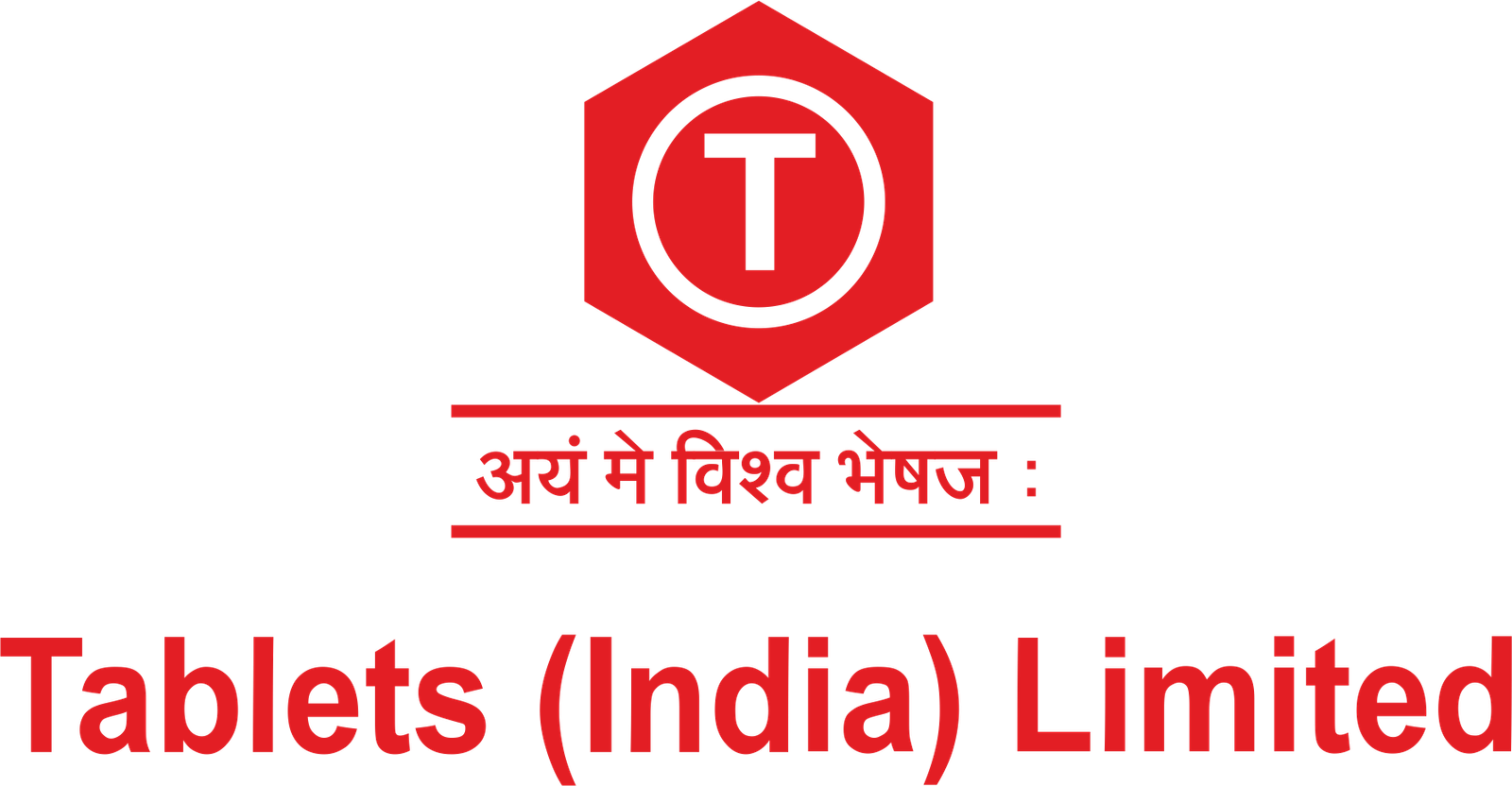Polycystic Ovary Syndrome (PCOS) affects millions of women worldwide, leading to hormonal imbalances, metabolic complications, and infertility. With no singular cause or cure, the management of PCOS is complex and may require a tailored approach. From lifestyle changes to innovative therapies, women now have multiple treatment options to help manage their symptoms and improve their quality of life.
Understanding PCOS and Its Impact
PCOS is a multifaceted condition that typically manifests with symptoms like irregular periods, excessive hair growth, acne, and weight gain. It is also closely associated with metabolic issues like insulin resistance, which increases the risk of developing Type 2 diabetes and cardiovascular disease. Due to its broad impact, the treatment of PCOS is never a one-size-fits-all solution.
Lifestyle and Dietary Changes
The first line of treatment for PCOS typically involves lifestyle interventions, including diet and exercise. High-calorie, high-sugar diets have been linked to worsening PCOS symptoms due to their role in insulin resistance and weight gain. Adopting a low-glycemic index (GI) diet has been shown to improve insulin sensitivity and reduce androgen levels, helping regulate menstruation and improve fertility.
Regular physical activity is also crucial. Studies suggest that vigorous aerobic exercise and resistance training can help reduce insulin resistance and manage symptoms like weight gain and hirsutism.
Pharmacological Interventions
For women with more severe symptoms or those seeking fertility treatment, medication plays a vital role. Some common treatments include:
Oral Contraceptives
Oral contraceptives (OCs) are often the first-line treatment for menstrual irregularities and hyperandrogenism (e.g., acne, hirsutism). OCs reduce androgen levels and help regulate periods.
- Insulin Sensitizers
Insulin-sensitizing agents are commonly used to manage insulin resistance in PCOS patients. It helps lower blood sugar and insulin levels, which can improve menstrual regularity and ovulation.
- Ovulation Inducers
For women trying to conceive, ovulation inducers are commonly prescribed. These medications help stimulate ovulation, improving the chances of conception.
Emerging Therapies for PCOS
Several cutting-edge therapies are also being explored for PCOS management:
- Inositol Supplements
Inositols (myo-inositol and D-chiro-inositol) are natural compounds that have shown promise in improving insulin sensitivity and reducing androgen levels. Studies suggest that inositol supplements may help regulate menstrual cycles and improve fertility.
- Probiotics and Prebiotics
Gut health is emerging as an important factor in PCOS management. Research shows that probiotics can improve insulin sensitivity, reduce inflammation, and regulate hormones in women with PCOS. Prebiotics, which promote the growth of beneficial gut bacteria, also play a role in improving metabolic markers and reducing androgen levels.
- MicroRNA Therapy
MicroRNAs are small, non-coding RNA molecules involved in gene regulation. Abnormal microRNA expression has been found in women with PCOS, and targeting these molecules could offer new therapeutic options for managing symptoms like hyperandrogenism and insulin resistance.
Conclusion
PCOS is a lifelong condition, but with the right treatment plan, its symptoms can be effectively managed. Whether through lifestyle changes, medication, or emerging therapies, women have a variety of options to explore based on their unique needs. As research continues to evolve, the future holds even more promise for improving PCOS management and helping women lead healthier lives.
For more information, visit these resources:






